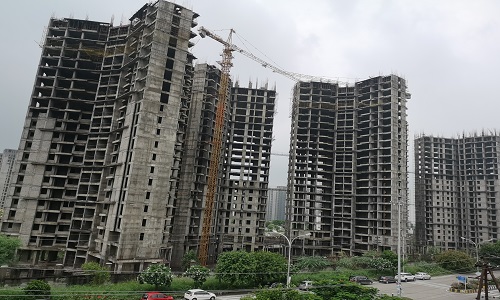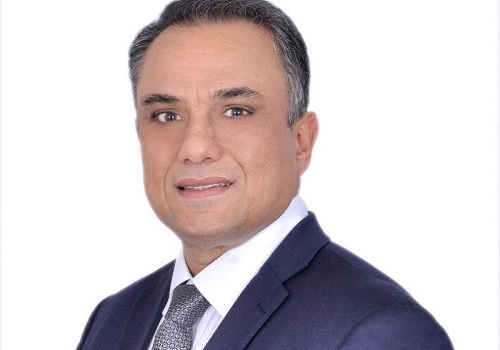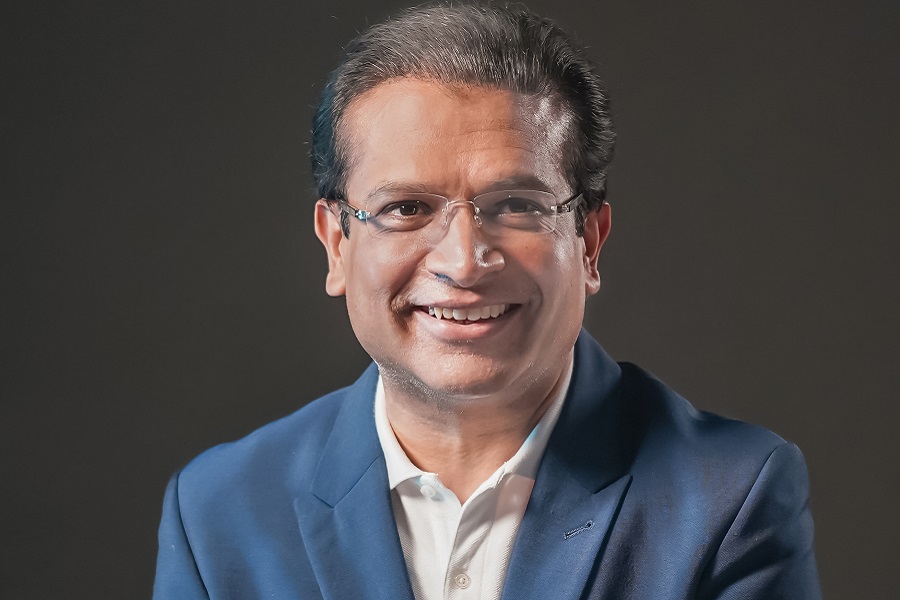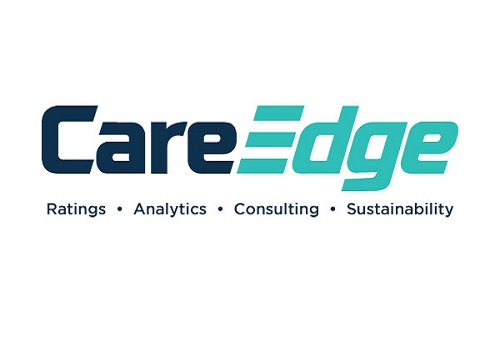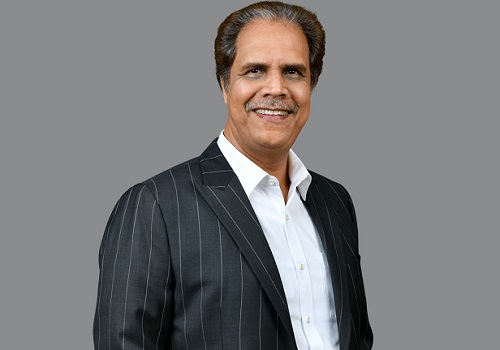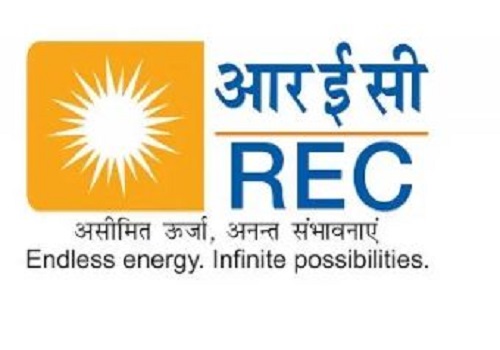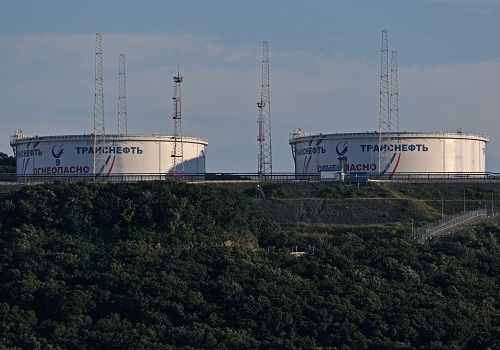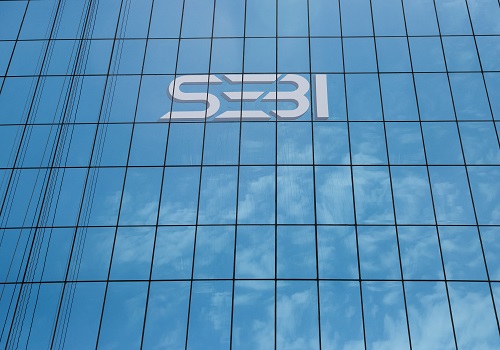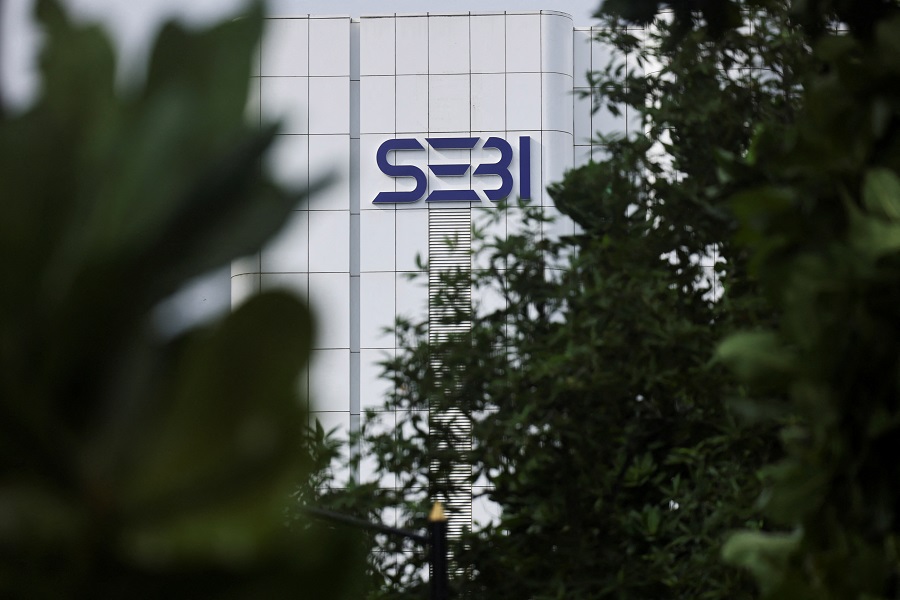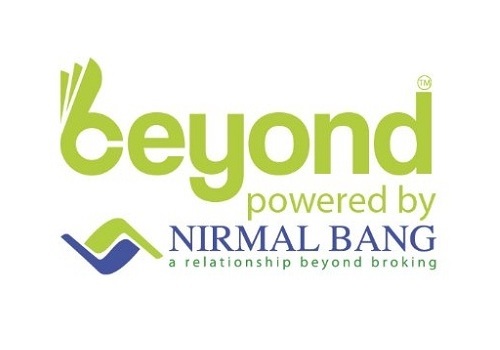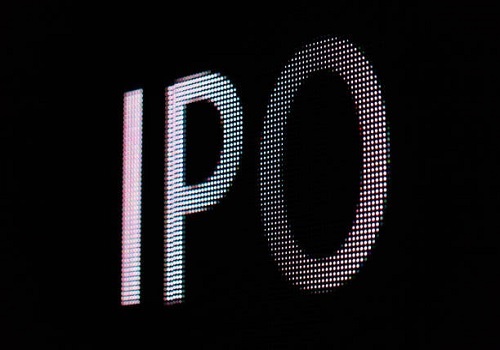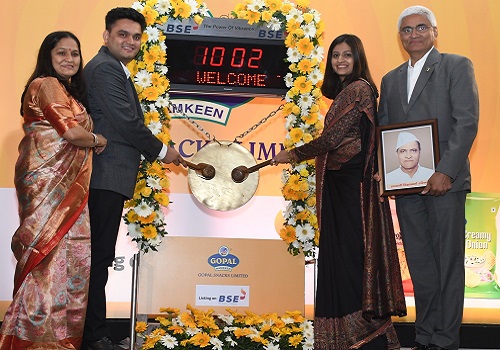GP Eco Solutions India coming with IPO to raise Rs 30.79 crore
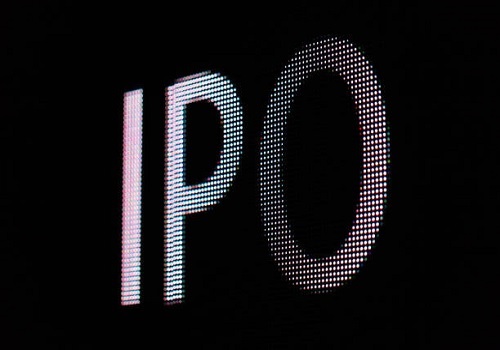
GP Eco Solutions India
- GP Eco Solutions India is coming out with initial public offering (IPO) of 32,76,000 shares of Rs 10 each in a price band Rs 90-94 per equity share.
- The issue will open for subscription on June 14, 2024 and will close on June 19, 2024.
- The shares will be listed on NSE Emerge Platform.
- The face value of the share is Rs 10 and is priced 9.00 times of its face value on the lower side and 9.40 times on the higher side.
- Book running lead manager to the issue is Corporate Capital ventures.
- Compliance Officer for the issue is Tanushree.
Profile of the company
GP Eco Solutions India is involved in the distribution of a wide range of solar inverters and solar panels. The company is an authorized distributor of Sungrow India or ‘Sungrow’ for Solar Inverters in North India, and it is also authorized distributors for Saatvik Green Energy or ‘Saatvik’ and LONGi Solar Technology for solar panels in North India. Additionally, it serves as an integrated solar energy solutions provider, delivering comprehensive engineering, procurement, and construction (EPC) services to its commercial and residential customers, however the contribution of this segment is comparatively less as compared to business of distribution of solar inverters and solar panels.
The company also has its own brand called ‘Invergy’. Under the Invergy brand, it sells hybrid solar inverters and Lithium Ferro phosphate (LFP) batteries. Invergy deals in OEM manufacturing for hybrid and LFP products. Invergy has its own quality and reliable protocol for contract manufacturing of these products. Invergy manages its own supply chain stream to provide easy and comfortable transitions.
Invergy buys, make the contract manufacturing, and then sell to the end customers. Invergy has its own quality and reliable protocol for contract manufacturing of these products. Invergy takes an active role in overseeing and controlling the various stages involved in the supply chain. The manufacturing contractor encompasses all the processes from the acquisition of raw materials to the delivery of the final products to Invergy and Invergy thereafter sell to the customers. The goal is to create a seamless and comfortable experience, ensuring that products move from manufacturing to the hands of customers without disruptions or delays. The company got certification of ISO 9001:2015 in Quality Management System, which is valid up to October 27, 2026.
Proceed is being used for:
- Meeting working capital requirements
- Investment in its subsidiary, Invergy India (IIPL) in relation to Purchase of Plant & Machineries and other miscellaneous assets; and also towards Construction / Civil Works for its facility
- General corporate expenses
Industry overview
The India - solar power market size is estimated to grow at a CAGR of 34.24% between 2022 and 2027. The market size is forecast to increase by $273.82 billion. The report includes historic market data from 2017 to 2021. The market is witnessing a growing demand for increasing investments in renewable energy, favourable government regulations, and the increased adoption of microgrids. A key factor shaping the India solar power market growth is the rising adoption of floating solar power plants. One of the emerging technologies that is at a primitive stage across the world is the floating solar power plant. The main advantage of a floating solar power plant is that it can be installed in human-made or natural water bodies such as dam reservoirs, lakes, municipality water storage ponds, and water treatment plants. Additionally, the performance of floating solar power systems is better than the arrays that are built on the land.
The low conversion efficiency of solar PVs is one of the key challenges hindering India solar power market growth. One of the essential requirements of an off-grid system is that it must be self-sufficient in terms of capacity to meet its overall needs. However, a majority of grid sources in several off-grid projects are highly unreliable. Thus, it is necessary to have a sizable PV system and energy storage to produce and store enough power to meet the total electricity needs. Moreover, solar power is considered as a clean and abundant source of energy but it is low on efficiency. Therefore, as solar power is required to charge the battery in a hybrid system, the low efficiency will need more solar PV panels, which will increase the cost of the entire system. Hence, such factors are negatively impacting the India - solar power market growth. Therefore, it is expected to hinder India solar power growth during the forecast period.
Pros and strengths
Strategic partnerships with industry leaders: The company is an authorized distributor for Sungrow (a prominent solar inverter manufacturer), Saatvik and LONGi, (a solar panel manufacturer), signifies strong partnerships with industry brands. This association not only adds credibility to its brand but also ensures access to high-quality and reliable products. It allows it to offer cutting-edge technologies and trusted solutions to its customers, giving the company a competitive advantage in terms of product quality and innovation.
Quality assurance and standards: It is committed to deliver the good quality product in proper manner at all steps from dispatch to delivery. Its dedicated internal quality control team ensures the compliance with good standard practices. It gives prime focus to providing quality, ISO 9001:2015 for the quality management system.
Strong and long-standing customer relationships: Its existing client relationships help it to get repeat business from its customers. Its client relationships also help it to cross sells its other products and services to them. Further, it has been mutually value creating, stable and long-term association with its customers through product, operational process & technology excellence offered by the company. This has helped it maintain a long-term working relationship with its customers and improve its customer retention strategy. Through these efforts, it aims to become the ‘first choice vendor’ for all companies for the services it offers.
Risks and concerns
Depend on third parties for supply of products: Its top ten suppliers are responsible for a significant portion of its purchases, contributing approximately 89.94% 67.35%, 76.76%, and 92.96% of its purchases of raw material for the period nine months ended December, 2023 and for the year ended March 31, 2023, March 31, 2022 and March 31, 2021 respectively. Non-availability or inadequate quantity of raw material or use of substandard quality of the raw materials in the manufacturing of its products, could have a material adverse effect on its business.
Depend on top ten customers: Its top ten clients are responsible for a significant portion of its revenue, contributing approximately 51.94%, 33.20%, 57.01%, and 51.76% of its revenues from operations based on Restated Financials for the period nine months ended December, 2023 and for the year ended March 31, 2023, March 31, 2022 and March 31, 2021 respectively. The loss of its major customers or a decrease in the volume of its products may adversely affect its revenues and profitability. It cannot assures that it shall generate the same quantum of business, or any business at all, from these customers, and loss of business from one or more of them may adversely affect its operations and profitability.
Revenue is derived from Rajasthan, Haryana, Uttar Pradesh, and Delhi: The company earns a significant portion of its revenue from the states of Rajasthan, Haryana, Uttar Pradesh, and Delhi. Any materially adverse social, political or economic development, natural calamities, civil disruptions, regulatory developments or changes in the policies of the state or local government in these regions could adversely affect its distribution activities, result in modification of its business strategy or require it to incur significant capital expenditure, which will in turn have a material adverse effect on its business
Outlook
GP Eco Solutions India Is primarily engaged in the business of manufacturing of solar plant and trading of electrical goods and solar plant and its ancillary products. Additionally, it serves as an integrated solar energy solutions provider, delivering comprehensive engineering, procurement, and construction services to its commercial and residential customers, however the contribution of this segment is comparatively less as compared to business of distribution of solar inverters and solar panels. On the concern side, the company, trades in few products viz. Solar Inverters, Solar Panels, Energy Storage Solutions, and Solar Power Generating Systems. Within this portfolio over around 50% of its revenues are derived from the sale of Solar Inverters. The heavy reliance on singular product makes it vulnerable to potential disruptions, whether in the form of supply chain challenges, regulatory changes, or shifts in market dynamics. Any loss or decrease in the supply or demand for Solar Inverters could significantly impact on its business prospects and results of operations.
The company is coming out with an IPO of 32,76,000 equity shares of face value of Rs 10 each. The issue has been offered in a price band of Rs 90-94 per equity share. The aggregate size of the offer is around Rs 29.48 crore to Rs 30.79 crore based on lower and upper price band respectively. On performance front, total revenue has increased by 21.29% from Rs 8,344.76 lakh in the fiscal year ended March 31, 2022 to Rs 10,121.24 lakh in the fiscal year ended March 31, 2023. The increase in revenue is because of the increase in the demand of solar inverters and panels in the economy backed by the initiatives introduced by the Indian governments towards the solar panels and the solar inverters which boost the demand in the Indian economy for the solar products. Net profit has increased by 33.43% from Rs 277.17 lakh in the fiscal year ended March 31, 2022 to profit of Rs 369.82 lakh in the fiscal year ended March 31, 2023. Meanwhile, it intends to continue exploring options to reduce its dependence on external suppliers. Its efforts to reduce its dependence on imports would also help it improve its inventory management and cost efficiencies, which would in turn reduce the costs. In addition, reduced dependence on imports would also help reduce its exposure to foreign currency fluctuations.
